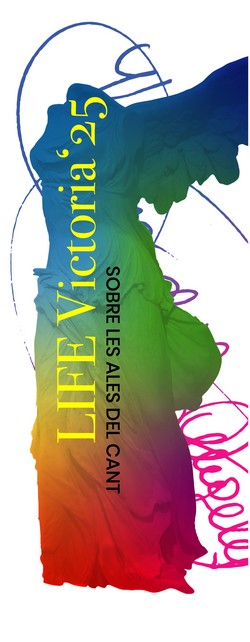- Details
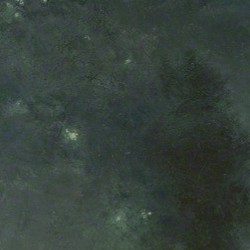
As I told you last week, I'm on holiday; that's why you get again a postcard, that this time brings us the voice of Fritz Wunderlich. It was the anniversary of his death (56 years) a few days ago, and last Monday marked his birth (92 years); as every year, I would like to pay a small tribute to him.
- Details
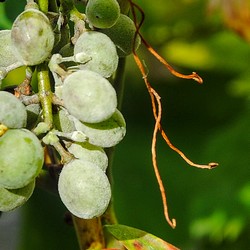
My dearest, this week and the next one I'm on holiday. As always, I'm sending you a postcard from where I am; as always, with a little help of technology. A handful of composers and poets were born or lived in this city, some of them regular visitors to Liederabend; I can choose among many options to illustrate the card!
- Details
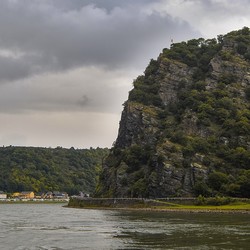
Viewed from the Rhine, the vertical cliff of the Lorelei is imposing. At this point, the river is narrow, and the depth is very variable. Fog isn't unusual, as rockfalls. Everything suggests that, centuries ago, it was a dangerous place for navigation; no wonder that an ancient legend talks of an undine that lures sailors to shipwreck, like the sirens that the smart Odysseus avoids.
- Details
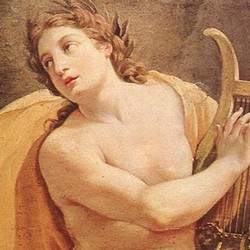
[...] David Hurwitz begins saying that when he says "the Lieder problem” he should say “my Lieder problem”, and admits he doesn't like Lieder (or mélodie, etc.) So far, nothing new; most classical music lovers don't. He says he prefers to listen to contemporary songs; again, nothing new. But then he says: “I have no reason to listen to songs because they are not better than contemporary song.” That really surprises me. I won't go into consider whether Frank Zappa is better than Franz Schubert [...]
- Details
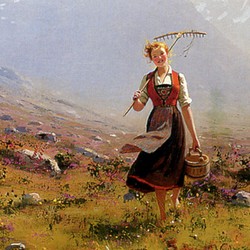
I told you last week that this week we would start the new season. But the truth is that, strictly speaking and to follow the tradition, it should start next week, the first Wednesday of September. It's not that important, but the thing is that I'm writing these lines in the middle of Schubertíada, with the head full of music and no time to focus on a long article. I hope you won't mind if, one more week, I post a short article.



